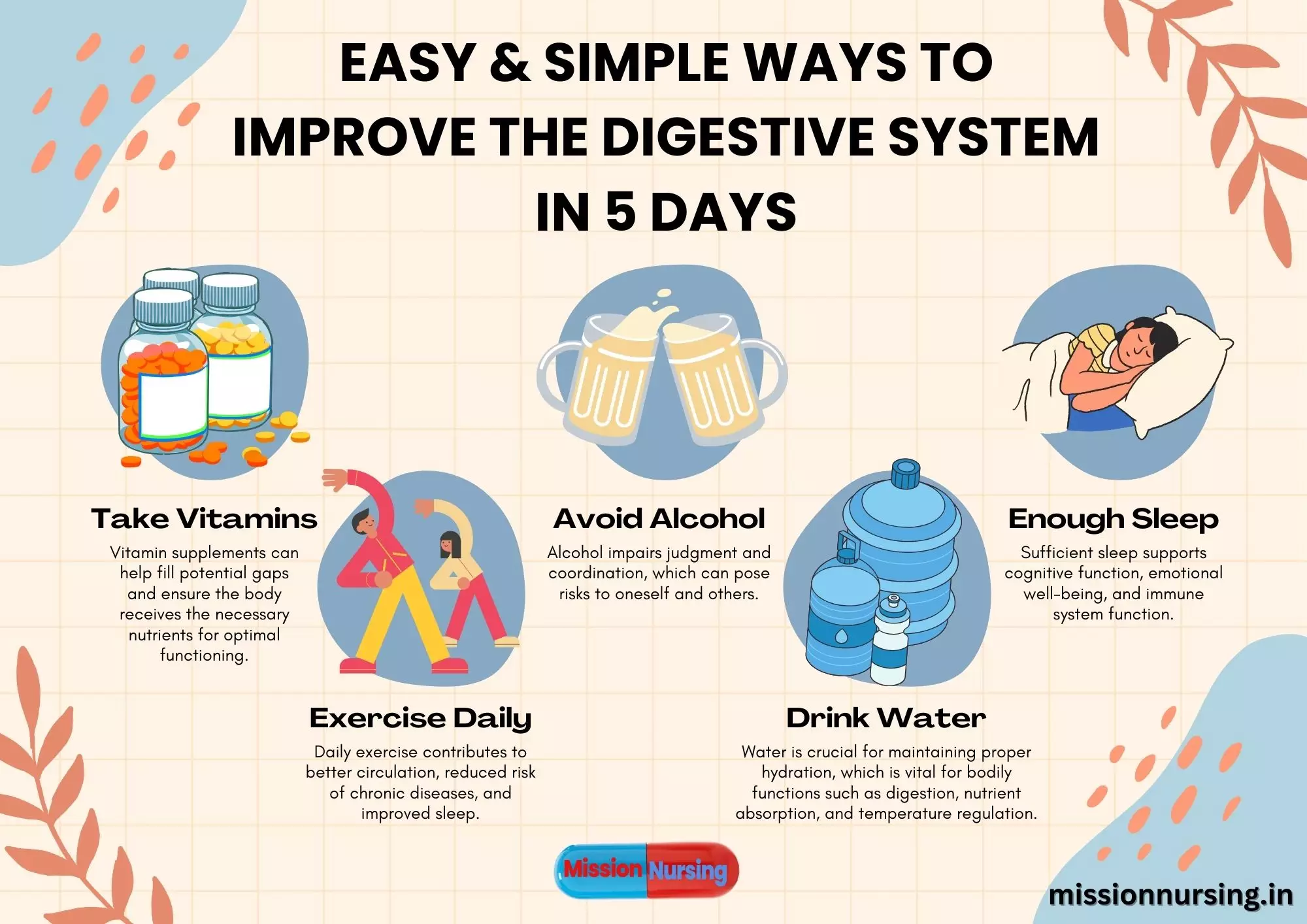what are antidiuretic drugs
- It is a substance that inhibits water excretion without affecting the sodium excretion.
- The drugs are useful to reduce the urine output.
- The drugs mostly used in the diabetes insipidus.
- Antidiuretic hormone (ADH) is secret from the posterior pituitary gland.
- ADH hormone water reabsorption from distal and collecting tubules, and reduced urine output.
- ADH is stimulated due to increased plasma osmolarity contraction of extracellular fluid volume.
- ADH consists of the V1 and V2 receptors.
Antidiuretics drugs Classification –
- Antidiuretic hormone – Desmopressin and vasopressin.
- Thiazide diuretics – Amiloride.
- Indomethacin, carbamazepine, chlorpropamide.
-
what is vasopressin hormone?
Vasopressin acts on a V1 receptor of ADH that leads to blood vessel contraction and increases arterial pressure.
Vasopressin also acts on V2 receptors and leads to fluid reabsorption in the renal tubules and increases the water permeability, that result is decreased urine formation.
Vasopressin uses
- Diabetic insipidus (DI)
- Bleeding oesophageal varices
- Hypotension and shock
- Abdominal distension
- Before abdominal radiography.
Vasopressin adverse effects
- Water intoxication
- Hyponatremia
- Increase specific gravity of urine.
-
Desmopressin –
- It is a synthetic analog of vasopressin, which is work on the V2 receptor.
- Desmopressin acts on the CD cells.
- Desmopressin is a man-made form of vasopressin.
- Desmopressin causes the antidiuretic effect that increases water reabsorption, and decreases water excretion.
Uses of Desmopressin –
- Nocturnal enuresis
- To prevent dehydration
- Diabetes insipidus
- Hemophilia – A
- Von Willebrand disease.
desmopressin dose –
- 10 – 40 mg / day in adults.
- 5 – 10 mcg / H. S. in children.
desmopressin Adverse effects –
- Congestion, nasal irritation, epistaxis, hyponatremia etc.
- Thiazide (HCTZ) – Use to increase the tubular reabsorption in the.
- It is useful in both neurogenic and nephrogenic DI.
- Amiloride – It is a drug of choice (DOC) of lithium-induced nephrogenic DI.
- Indomethacin – Use as an antidiuretic, and treat the nephrogenic DI and nephrotic syndrome.
- Carbamazepine – It is used in the neurogenic DI.
desmopressin Key points
- Which drug is useful to decrease the urine output – Antidiuretic
- Normal urine output – 1.5 liter / day
- Normal GFR in a healthy person – 180 liter/day
- Antidiuretic hormone secret from the – Posterior pituitary gland



















